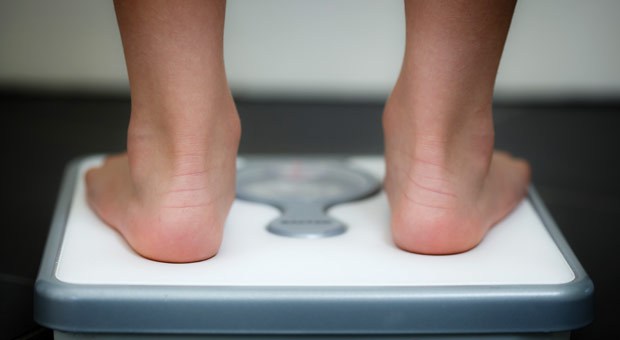
Breast cancer and its treatment can make it easier to gain weight, and the lachool programtest research shows why breast cancer patients should be aware of the dangers of gaining too much.
Women diagnosed with and treated for breast cancer gain weight at a higher rate than cancer-free women, especially if they were treated with chemotherapy, a new study reveals. Furthermore, the weight gain associated with cancer treatment is enough to be a risk factor for tumor recurrence as well as other chronic diseases.
It’s long been known that breast cancer survivors tend to gain weight after their diagnosis and treatment, but the reason for this has remained unclear. Since breast cancer rates tend to rise around menopause, doctors weren’t sure whether the weight gain was part of normal aging and changes in women’s reproductive status, or whether something about cancer made patients more vulnerable to gaining weight.
In a new study published in the journal Cancer Epidemiology, Biomarkers & Prevention, researchers compared a group of women who survived breast cancer with a similar group of women who did not have the disease. All women were at higher risk of developing breast cancer because of family history.
The researchers found that even after adjusting for the influence of age, menopause and several other factors, those who survived breast cancer did indeed gain more weight—almost four pounds more, on average, within five years of their diagnosis compared to those who didn’t have cancer. What’s more, the results suggest that chemotherapy, in particular, may contribute to post-treatment weight gain. According to the analysis, women who were treated with chemotherapy were twice as likely to gain weight—about 11 pounds more, on average—than women who were treated with hormone-based therapies (who did not get any heavier with their treatments) and women who didn’t have cancer.
“Above and beyond age and menopausal status, there seems to be a weight gain associated with treatment of cancer, particularly in women having chemotherapy and those diagnosed with estrogen receptor-negative, invasive cancers,” Amy Gross, M.H.S., a doctoral candidate in epidemiology at the Bloomberg School of Public Health, said in a press release.
While weight has been implicated in the development of certain cancers, including breast cancer, this study is among the first to tease apart what effect cancer itself, and treatments for cancer, might have on changing metabolism, inflammation, the immune system and other body functions to make weight gain more likely. By following the women for four years, the researchers, led by Dr. Kala Visvanathan, director of clinical cancer genetics and prevention service at the Johns Hopkins Kimmel Cancer Center, compared their weight changes from diagnosis onward. The team is planning to continue to follow the women for a longer period of time to track other patterns in weight.
“I think [the study] highlights the importance for physicians and patients to monitor their weight from diagnosis onward, for physicians to take notice if there is an increase in weight,” Visvanathan told NBC News. “It is not just the treatment that matters when you are thinking about the diagnosis of cancer.”
Many cancer patients become less active during chemotherapy, and for good reason—the regimen can be punishing on the body, leaving people feeling fatigued and less energetic. But maintaining a healthy diet and staying physically active, says Visvanathan, are critical to keeping weight down. Weight may play a role in how people respond to cancer treatments, as well as their recovery, so it makes sense to for cancer survivors to try not to gain too much. Studies show that overweight women, and those who gain weight during treatment, are more likely to have their cancer come back.
In addition, getting heavier is associated with a higher risk of other chronic diseases. And the fact that more cancer patients—particularly breast cancer patients—survive their disease is another important reason to keep weight in check. “This is of concern because weight gain of this magnitude in adults has been associated with increased future risk for chronic diseases like coronary heart disease, hypertension, and type 2 diabetes,” said Amy Gross, a doctoral candidate in the department of epidemiology at the Bloomberg School of Public Health, in a press release.
“Most breast cancer patients — and I think people forget this — actually do not die of breast cancer but die of other diseases. So, it’s important to monitor those things as well,” Visvanathan told CBS News.
The American Cancer Society recommends the following steps to helps breast cancer survivors stay healthy and avoid weight gain:
- Take steps to remain physically active. Exercise can be done safely after a diagnosis of cancer. Physical activity may come with benefits for your weight, muscle strength, fatigue and depression. Studies indicate that just 15 minutes of vigorous exercise every day may be enough to cut the risk of breast cancer by a fifth. Ask your doctor what kinds of physical activities would be best for you.
- Eat plenty of fruits, vegetables, and whole grains. Limit your intake of high fat foods, processed and red meat, and refined grains. Research shows that a Mediterranean-based diet rich in vegetables and grains may help to prevent weight gain with chemotherapy.
- Avoid alcohol. Even low levels of alcohol intake have been linked with an increased risk of breast cancer.
